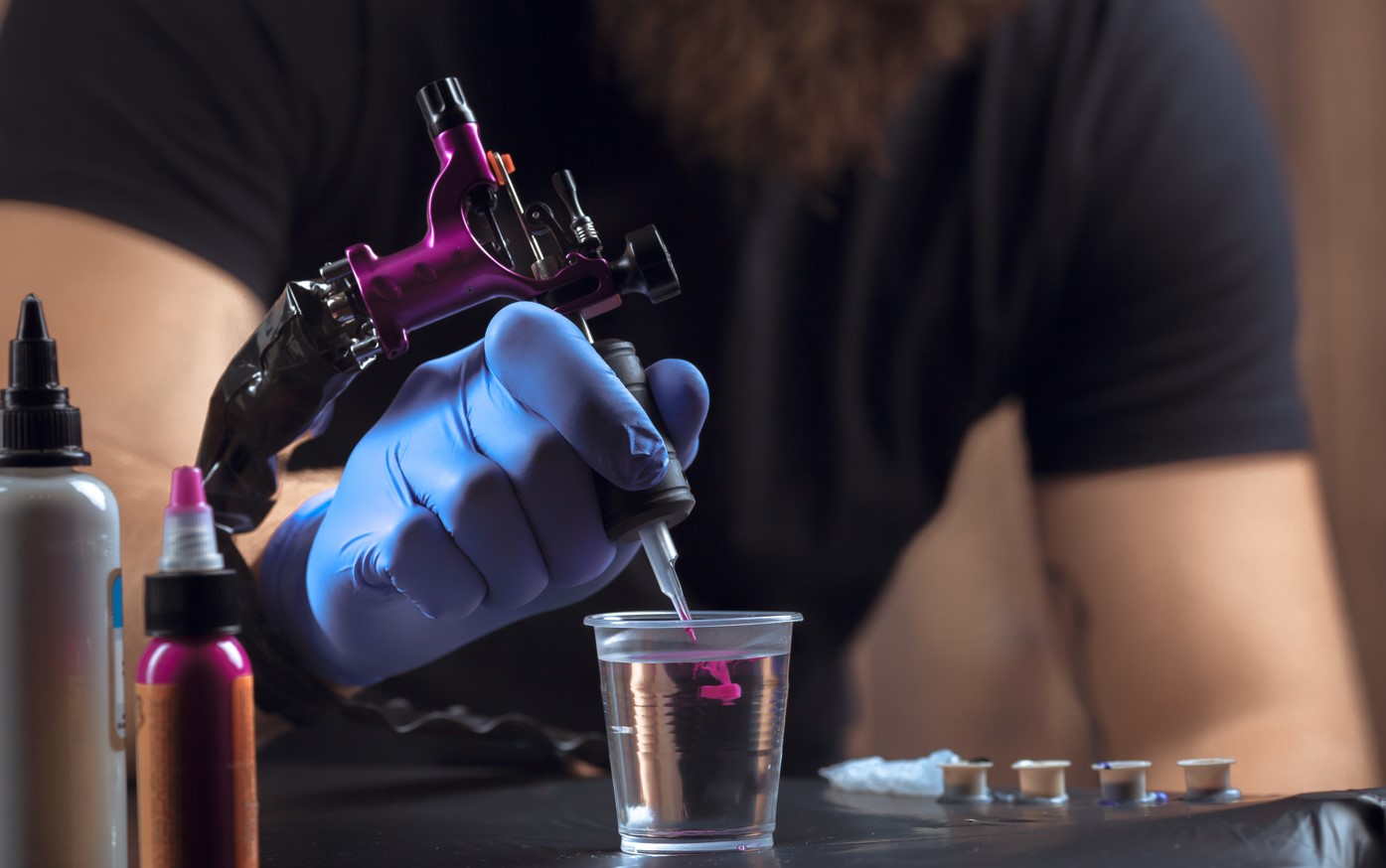Tattoo ink contains life-threatening bacteria that can lead to infections, death - study

Researchers in the study purchased 75 tattoo and permanent makeup inks from 14 manufacturers to test for bacterial contamination.
The United States Food and Drug Administration (FDA) has uncovered a startling public health risk: bottles of tattoo and permanent makeup ink labelled as sterile contain millions of dangerous bacteria, potentially leading to severe infections, sepsis, and even death.
Previous studies have linked tattoos to various complications, such as inflammation, allergic reactions, bacterial skin infections, rashes, and cellulitis.
More To Read
- How to layer beauty products - and why skincare needs more than 10 minutes
- Why some deodorants cost more - and why cheap isn’t always better
- Flaxseeds for heart, digestion, and beauty—Here’s why you need them
- How harmful skin lightening creams are affecting Kenyans
- Alarm raised over abuse of skin-lightening products in Northeastern
- Opinion: Beauty of embracing our natural skin colour
These issues were often attributed to inadequate hygiene during tattoo application and poor care during the healing phase. However, a recent study in Applied and Environmental Biology suggests that the inks could be a significant source of bacterial contamination.
Researchers in the study purchased 75 tattoo and permanent makeup inks from 14 manufacturers to test for bacterial contamination.
Each ink sample included six bottles of the same lot number, all confirmed to be intact and sealed. The researchers meticulously recorded data on the samples, including brand and product names, safety data sheets, ingredients, sterility claims, expiration dates, and the manufacturers' locations.
Alarmingly, out of 75 ink samples, 26 contained 34 species of bacteria, 19 of which could cause bacterial infections. The study also discovered a higher likelihood of contamination in permanent makeup inks compared to tattoo inks.
“This is the first microbiological survey of commercial tattoo and permanent makeup inks that examined bacterial contamination under anaerobic conditions (without oxygen),” the study states.
Findings
The study's findings revealed that both anaerobic and aerobic bacteria contaminated unopened and sealed bottles of tattoo and permanent makeup inks, suggesting that contaminated tattoo inks can harbour both aerobic and anaerobic bacteria.
Aerobic bacteria thrive in oxygenated environments, while anaerobic bacteria grow without oxygen. The study highlights the potential for severe infectious complications from tattoos, ranging from mild skin infections to systemic infections such as life-threatening bacteremia and septic shock.
“Tattooing, which breaches the skin barrier during application, can increase the risk of infection transmission if the tattoo inks used are contaminated with pathogenic bacteria that are embedded deep into the skin throughout the procedure,” the study warns.
The low-oxygen environment of the dermal layer of the skin further exacerbates the risk of infection by anaerobic bacteria. “Studies have shown infections related to tattoos caused by anaerobic microorganisms, such as Clostridium tetani, the causative agent of tetanus,” the researchers note.
Such infections can result in septic shock, a serious condition where a body-wide infection leads to dangerously low blood pressure. According to Medline Plus, the body's strong inflammatory response to the toxins can contribute to organ damage and potentially lead to death.
The study also found that 16 of the 49 sterile inks had microorganism contamination. This finding raises questions about the effectiveness of the sterilisation processes used by tattoo ink manufacturers. “The sterilisation process may not be effective to remove all microorganisms, or the label claims may not be accurate,” the researchers suggest. They recommend a thorough evaluation of current sterilisation methods used in the industry.
Previous FDA studies have also found high levels of bacterial contamination in unopened and sealed inks from US manufacturers, with bacterial counts as high as 100 million bacteria per gram in 35 out of every 100 samples tested.
Top Stories Today













































